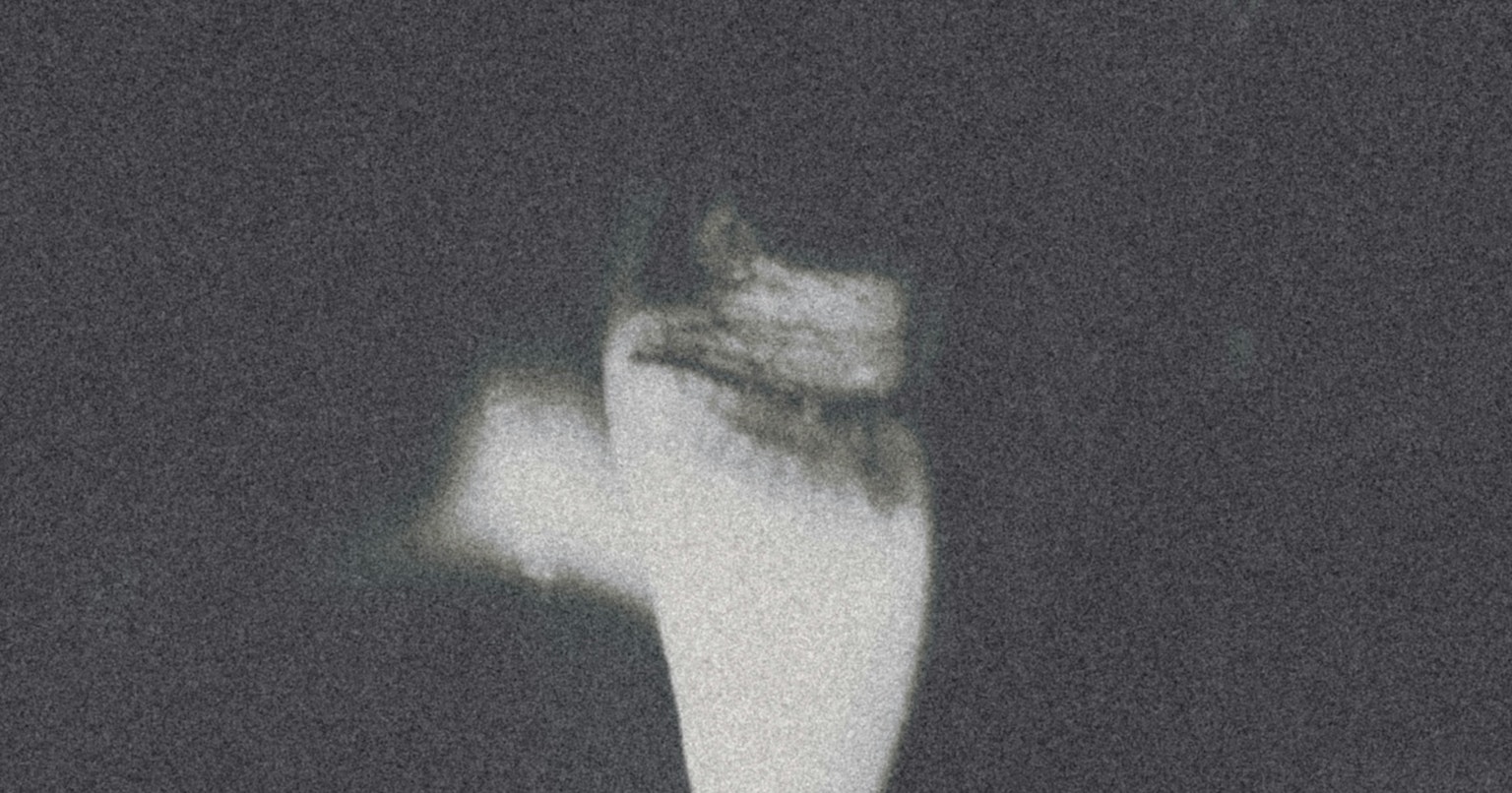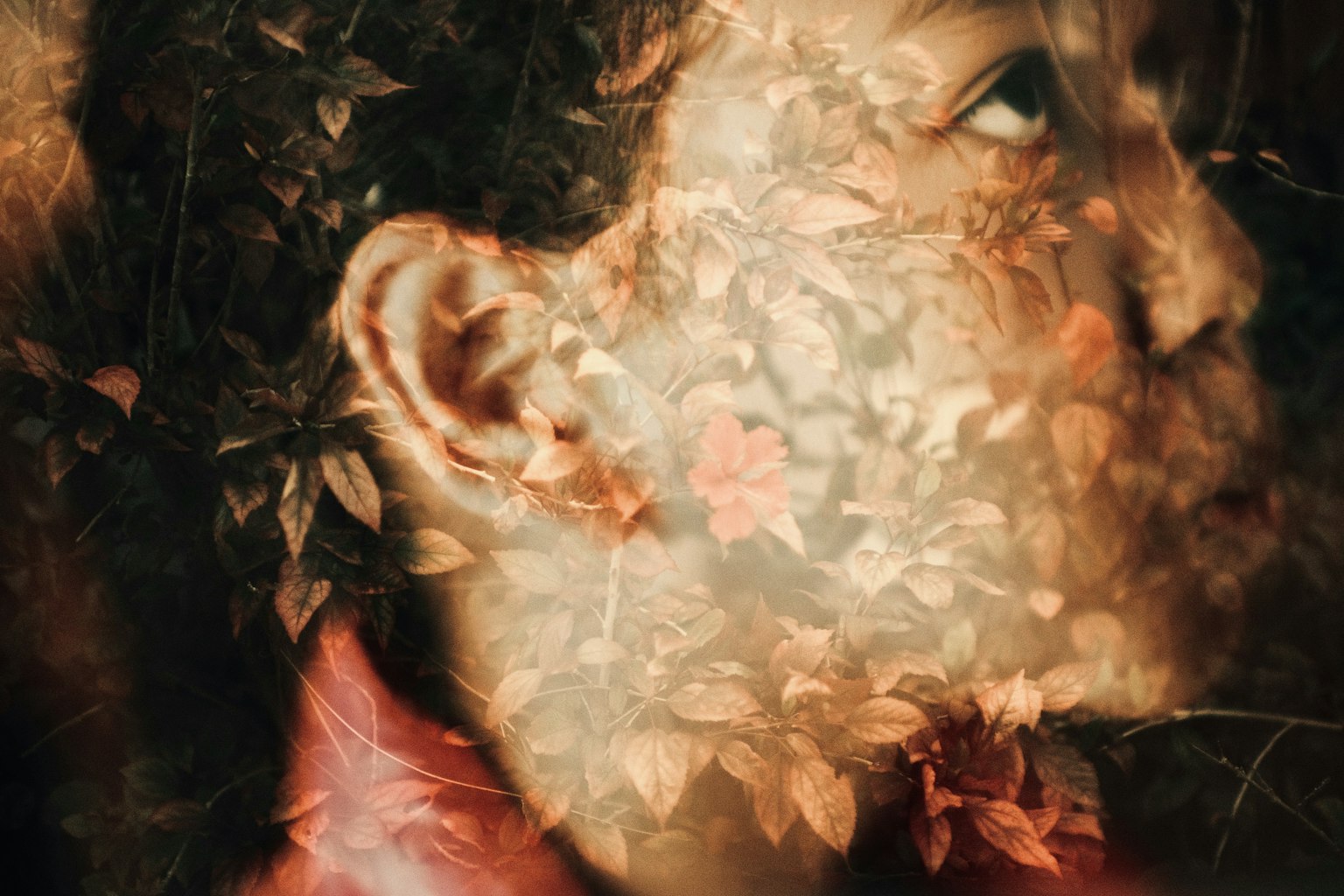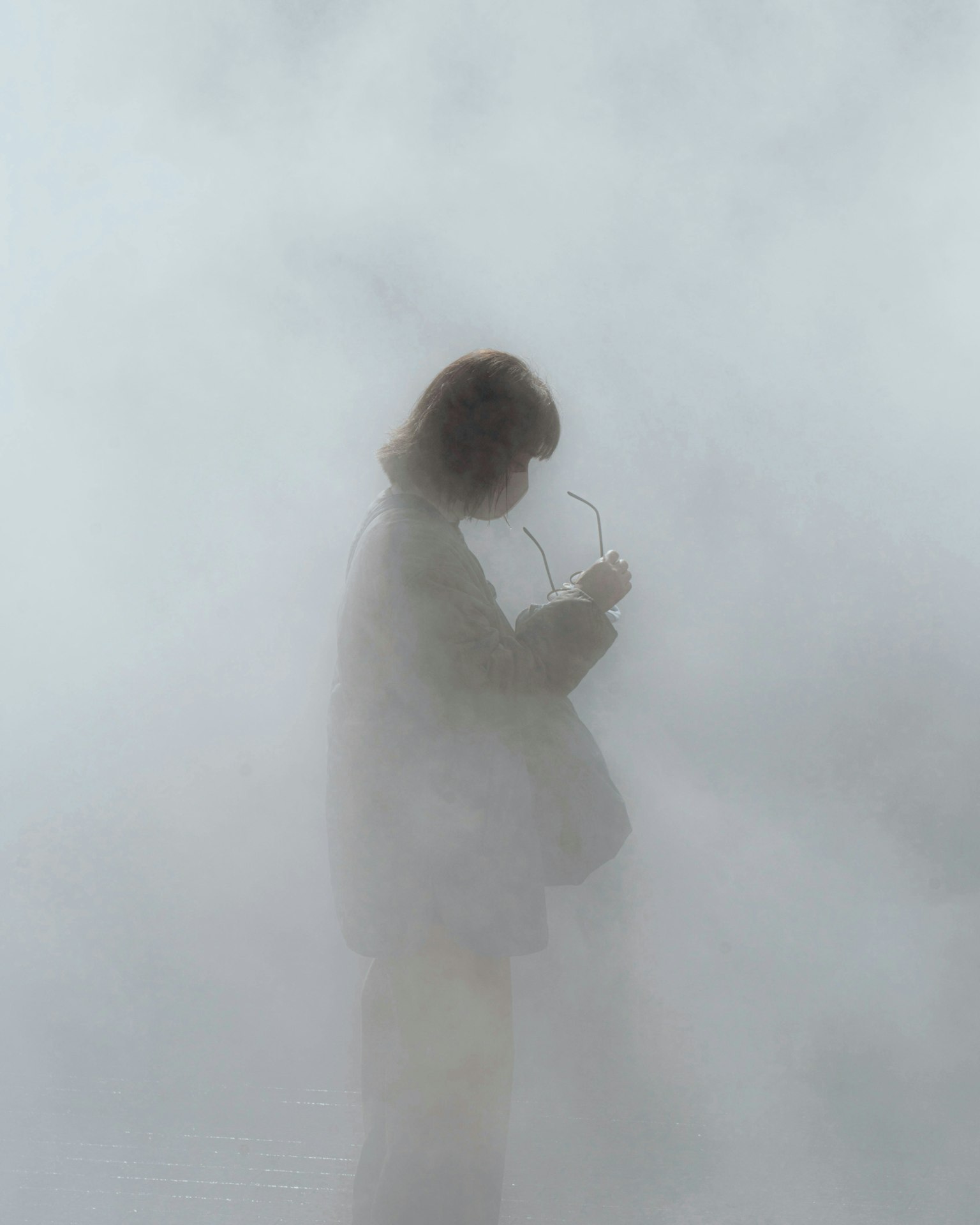What is the 'Pictorialism Movement' that Recognized Photography as Art? | Knowledge #253

Cover photo by ymm
Today, photography is recognized as a branch of contemporary art, but there is a history behind its establishment in this position. The turning point was the 'Pictorialism' movement that occurred from the late 19th to the early 20th century.
This time, we will introduce the process by which photography was recognized as art, focusing on this movement.

Photo by dede dos film
What is Pictorialism?
Pictorialism was a movement that aimed to develop photography not just as a means of documentation but as an artistic expression akin to painting. At that time, photography was seen as a scientific reproduction tool and received little recognition as art.

Photo by Shunya Takabayashi
In this context, photographers like Alfred Stieglitz, Edward Steichen, and Clarence White pursued expressions similar to painting through techniques such as soft focus and manual print processing. This gradually spread the recognition that photography was also a form of art.
Main Characteristics and Techniques
The hallmark of Pictorialism lies in its emphasis on 'beauty'. It often avoided sharp depictions, creating poetic images with soft, misty tones. Representative techniques included gum bichromate printing and pigment printing, which added particularly painterly textures.

Photo by hamayan
Additionally, the subjects were not just everyday moments but were meticulously designed and planned 'works' with careful composition and lighting.
Impact of Pictorialism
Pictorialism served as a breakthrough for photography to be formally accepted on the stage of art. The 'Photo-Secession' founded by Stieglitz and the '291 Gallery' opened in New York initially started as galleries specializing in photography but later became venues that also handled modern art like Picasso and Matisse, influencing not just photography but the broader art world.
In the 1920s, straight photography emerged, emphasizing objectivity and sharp depiction, as a deliberate reaction against the 'painterly expression' of Pictorialism. Nevertheless, the recognition that 'photography is art' established by Pictorialism remains a foundation that continues to this day.



